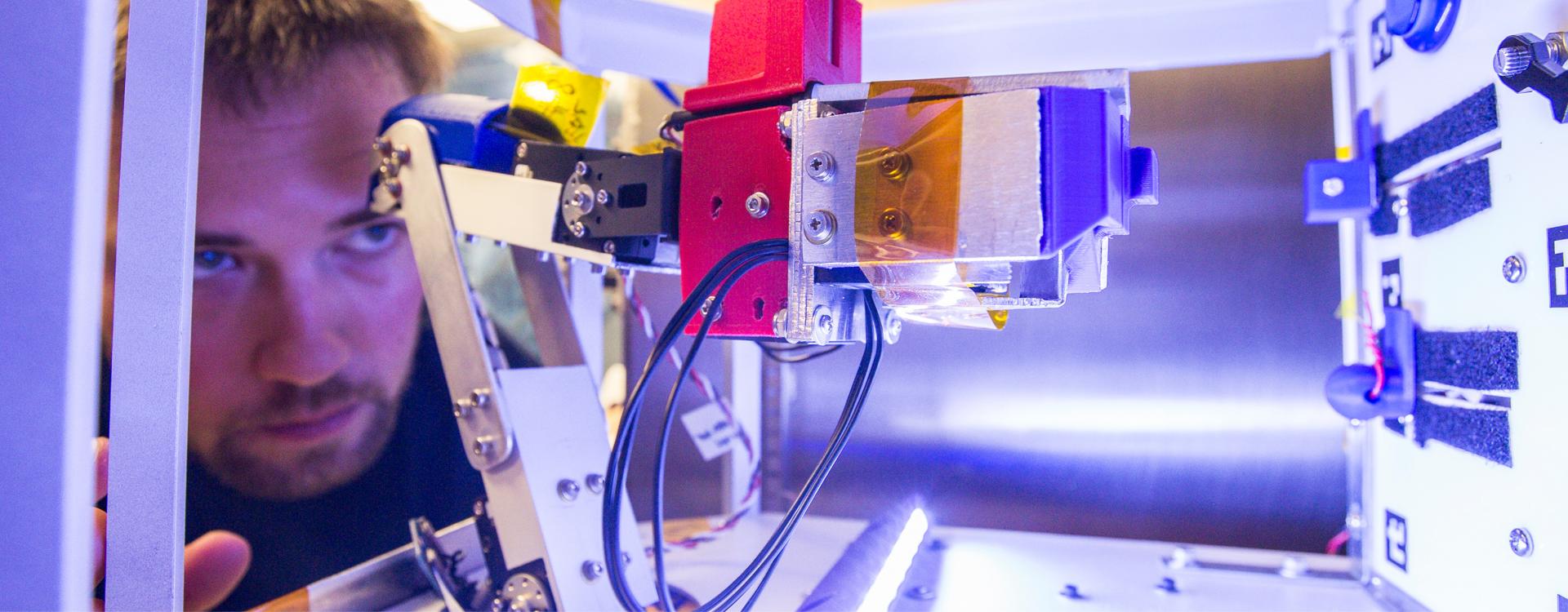60 for 60: Thousands visited Durham Tech for Native American celebrations
In celebration of Durham Technical Community College’s 60th anniversary, the College is publishing 60 for 60 – a storytelling campaign that highlights the people, places, and events that have progressed and shaped the College’s six decades of impact. To view more 60 for 60 stories, visit www.durhamtech.edu/60for60.
In 1991, the Durham Technical Community College Foundation began hosting an annual Native American weekend long celebration that brought thousands of community and K-12 students to campus over a 13-year period.
The University Transfer department at Durham Tech wanted the celebrations to showcase Indigenous culture and Native American history. This eventually transitioned into a campus-wide initiative.
Durham Tech employees, community members, and Native American Tribe members volunteered as the planning committee.
Donald Kritsch and Barbara Baker, two former Durham Tech employees; Arnold Richardson, a tribal elder of the Haliwa-Saponi Indian Tribe; John Blackfeather Jefferies, a tribal elder of the Occaneechi Tribe; Ray and Kat Little Turtle, members of the Lumbee Tribe were heavily involved in planning and executing the celebrations.
Fridays from 9 a.m. until 3 p.m. grade school children attended with their schools and in the evening community members attended. Busloads of children from various schools throughout the state would travel to Durham Tech for this event.
“We invited young students to our college campus as a learning opportunity to see the value of college and the role the college played in the community,” said Baker. “If you get kids thinking early about college, they may think of it as a place to go.”
On Saturdays from 10 a.m. until 9 p.m., the community participated in the traditional ‘Pow Wow’ celebration, which included dances, live music, singing, storytelling, and more. Exhibitions and demonstrations were included too.
Indigenous people from all over the country attended every year.
The second celebration on October 14, 1992 included a flute performance by local artist Arnold Richardson, a short film on Native American stereotypes and culture, a lecture by a noted Native American specialist from Pembroke University, and a panel discussion on issues of concern to Native Americans in North Carolina.
“Barbara and I have both made lifelong friends while participating in the celebrations. Arnold Richardson has made a big impact on my life,” said Kritsch. “I was always into Native American crafts and woodwork and many of the Indigenous people would teach me how to create their distinct items. I think meeting all of these people enhanced my appreciation in terms of Native American culture.”
Julie Humphrey, current Director of the Durham Tech's Library, said she has very fond memories of the Native American Celebrations.
“My favorite part of the event was the drumming, music, and dancing on the plaza. I loved that local elementary school children came to campus to experience the celebration. I remember their excitement and awe when the dancers and music began,” Humphrey said.
Both celebrations included artists, demonstrators, and vendors who sold food and Native American crafts.
Aztec dancers from Mexico traveled to the College to participate during the program as well.
With shrinking resources and volunteers, the annual event ended in 2003. However, many of Richardson’s sculptures can be found in the library on Main Campus and other Native American work can also be found across campus.
According to the American Indian Center, North Carolina has eight State-recognized Native American tribes and four urban Indian organizations:
Coharie Indian Tribe, Eastern Band of Cherokee Indians, Cumberland County Association for Indian People, Guilford Native American Association, Haliwa-Saponi Indian Tribe, Lumbee Tribe of North Carolina, Meherrin Indian Nation-People of the Water, Metrolina Native American Association, Occaneechi Band of the Saponi Nation, Sappony, Triangle Native American Society, and Waccamaw Siouan- People of the Fallen Star.
Many of these tribes were participants of Durham Tech’s ‘Pow Wow’ celebrations.
For more information, contact Desiree Towson, M.S., Communications and Public Relations Coordinator, at allisontowsond@durhamtech.edu.

